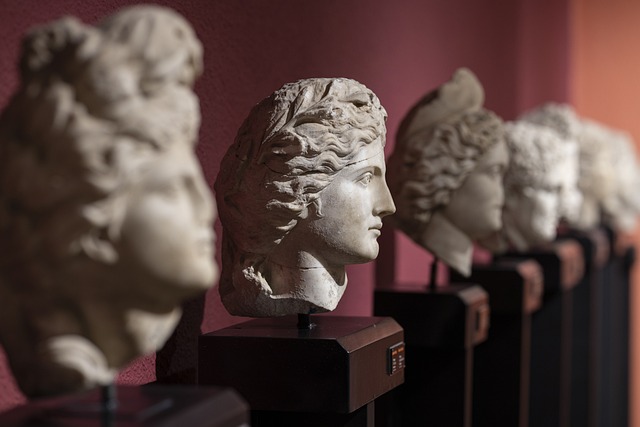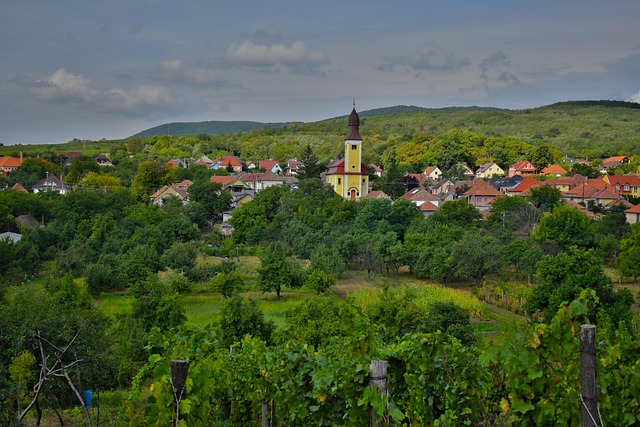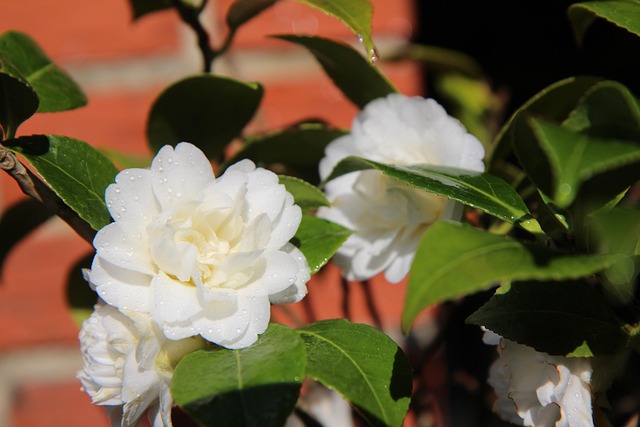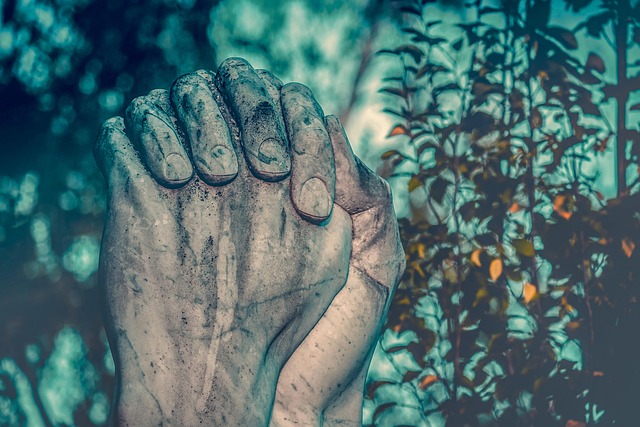Unveiling Ancient Holiday Traditions: Exploring the Religious Roots
As the festive season approaches, we find ourselves wrapped in the warmth of cherished traditions and the joy of gathering with loved ones. But have you ever paused to reflect on the ancient origins of these holiday celebrations? Many of our modern festivities are deeply rooted in religious practices that date back centuries, often intertwining faith with the changing of the seasons, agricultural cycles, and spiritual beliefs.
Ancient civilizations celebrated the solstices and equinoxes, which marked significant points in the year. These celestial events were often imbued with meaning, prompting rituals that expressed gratitude, invoked blessings, and sought to align human life with the divine. For instance, the winter solstice was embraced as a time for rebirth, culminating in fire-lighting ceremonies and the veneration of deities associated with light and fertility.
In ancient Egypt, the Festival of Opet involved a grand procession celebrating the connection between the gods and the pharaoh, highlighting the intertwining of governance with divine will. Similarly, in the Roman Empire, Saturnalia transformed the harshness of winter into a time of revelry, influenced by their agricultural calendar and religious practices honoring the god Saturn. These festivals laid the groundwork for many of our current holiday practices, originating from a desire to acknowledge the divine in daily life.
Across different cultures, ancient traditions manifest in fascinating ways. In Christianity, the rise of Christmas coalesced around ancient winter celebrations, adopting and adapting customs that honored both the birth of Jesus Christ and the universal themes of hope and renewal. The yule log, once part of pagan rituals, finds its place in modern hearths to symbolize warmth and light during the darkest time of the year.
Likewise, the Jewish celebration of Passover commemorates the ancient liberation of the Israelites from slavery in Egypt, with rituals designed to evoke memories of this formative experience in their faith journey. Similarly, Hindu festivals like Diwali are steeped in narratives of triumph over darkness, taking roots in ancient epics that symbolize the eternal battle between good and evil.
As we gather during this holiday season, it is essential to remember the layers of meaning embedded within these ancient practices. They remind us of our shared humanity, our quest for connection, and our desire to find purpose in the world around us. The beauty of these traditions lies in their ability to transcend time, carrying forward the essence of generations past as they continue to inspire us today.
Let us honor these ancient roots, integrating their richness into our lives as we celebrate, reflect, and foster connections with one another. Ultimately, the essence of our holiday traditions is a testament to the enduring nature of faith and the human spirit, inviting us to cherish both the past and the present.




